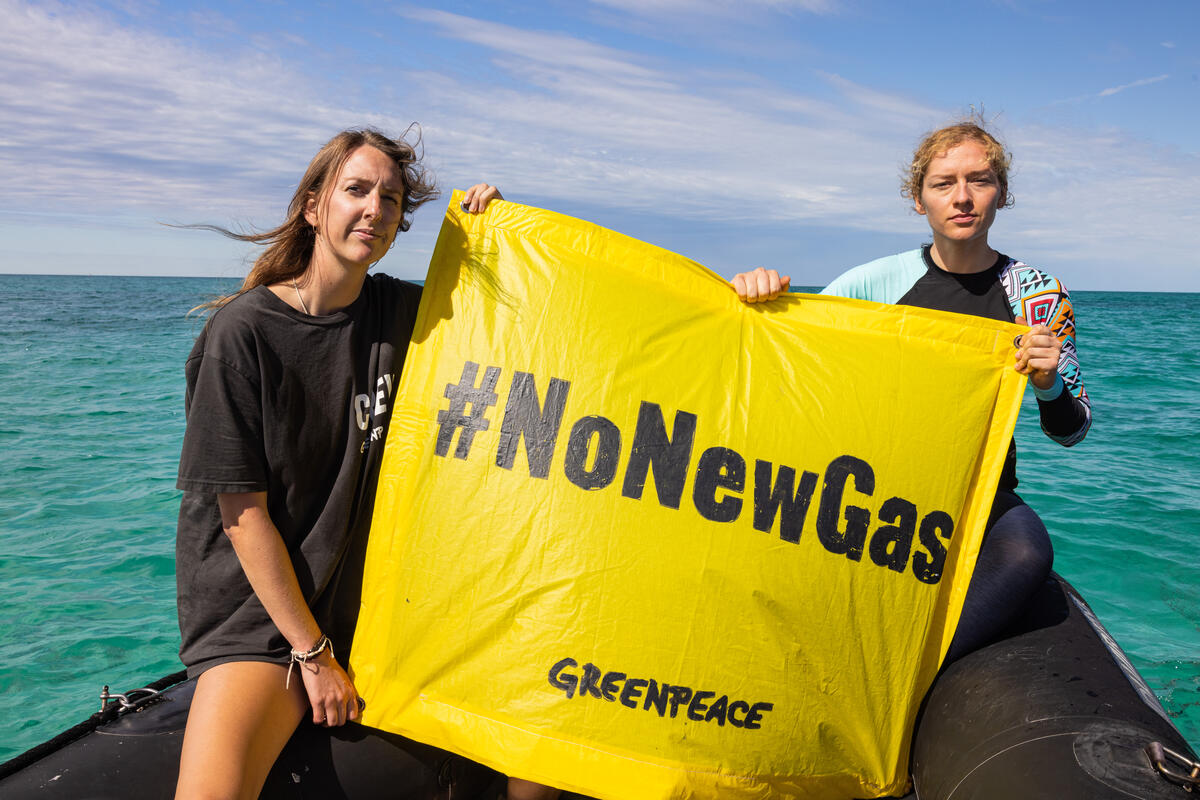It has now been seven days since the container ship Rena struck and stranded itself on the Astrolabe reef, just off the coast of Tauranga and the situation continues to worsen. The vessel is carrying 1700 tonnes of heavy fuel oil, of which it was initially estimated 30 tonnes had been spilled in to the sea. The media now reporting that between 130 – 350 tonnes of oil spilled from the stricken shift overnight.
As the slick pours from the stricken vessel, oiled seabirds are starting to wash up on the beaches, with more oiled birds spotted in the water, and local residents are reporting that highly toxic oil globules are washing ashore at Mt Maunganui, one of the country’s most popular beaches.
The Government has declared that the spill has the potential to be New Zealand’s worst environmental disaster of all time with the salvage potentially taking many months if not years, according to Maritime New Zealand. What’s more alarming is that evidence is now emerging that Rena had failed a number of safety checks both in Australia, and more recently in Bluff, with concerns raised over deficient navigational equipment and charts.
Yet it was still cleared to sail in New Zealand coastal waters, only to collide with one of the North Island’s most renowned coastal reefs.
There have also been questions raised about the use of the highly toxic dispersant Corexit. As I’ve mentioned in previous blogs, oil spill dispersants do not actually reduce the total amount of oil entering the environment, but instead act as a surfactant which breaks down the physical element of the oil, not the chemical. That means that although the slick may no longer appear on the surface, it increases the long term potential risk to the marine environment in the water column and on the seafloor. Indeed, some experts such as Professor Rick Steiner believe that Corexit should never be used in shallow water, close to shore.
As the rescue efforts continue, every capability must be focused on further spillage and mitigating against the worst environmental impacts – for the benefit of both the under threat marine wildlife and the local communities. Indeed, Greenpeace have joined many other groups in making both equipment and volunteers available to protect our coastline.
This tragic incident is however a stark warning of how fragile our beautiful coastlines are and underlines the need to safeguard them from any future catastrophes. The Prime Minister has rightly been questioned about New Zealand’s ability to deal with an oil spill, both in respect to the Rena, but also a much bigger, Gulf of Mexico type event from deepwater drilling. And he’s been at pains to state that the two are “unrelated – cannot be correlated”. And he’s right.
The order of magnitude would be far greater if there was a blow out from an exploratory well in the deep waters off New Zealand than from the grounding of a container vessel. But this is only part of the issue.
The real issue is the Government’s ability to deal with an oil spill, not the source of it. Oil, is oil, is oil and whether it be fuel oil or crude oil, it still presents a threat to the environment, local communities and their economies. The Rena incident is already stretching our capabilities to the limits: how would we cope with millions of barrels of oil spilling in to the Great South Basin or Raukumara Basin? The answer is that we wouldn’t, and couldn’t.
The Acting Energy and Resources Minister, Hekia Parata, earlier this year declared in Parliament that there was “a comprehensive regime in place that involves hundreds, if not thousands, of public servants” for dealing with such an issue. Did she mean for driving through the Government’s reckless plans for frontier drilling here in New Zealand, or for responding to an oil spill? If this is so, then the people of Mt Manganui and Papamoa deserve to know where they are right now as the oil washes ashore leaving a toxic legacy on their beaches.
The tragic events unfolding should give the Government pause for thought as they justify their proposals to open up our coastlines to hazardous deep water drilling. When there are much cleaner, safer ways of power our economy and bringing prosperity to New Zealand, they should take every measure possible to ensure that this is the last time we have to be washing oil off of our beaches.


